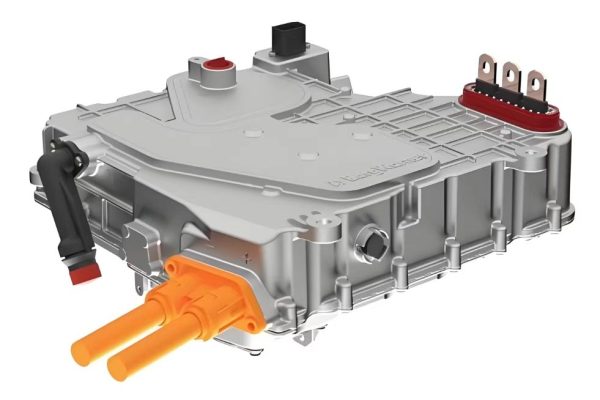Understanding Off-Grid Buyer Priorities
Off-grid buyers—ranging from rural households, microgrids, to remote industrial sites—have distinct expectations for energy storage systems (ESS). Unlike grid-connected users, these buyers rely solely on the system for energy supply, making certain technical and operational parameters critical. For exporters, knowing which factors off-grid clients prioritize can improve product design, quotations, and sales success.
1. Capacity (kWh)
- Importance: Determines how much energy can be stored and delivered to meet daily needs.
- Off-Grid Relevance: Under-sizing leads to frequent blackouts; oversizing increases cost unnecessarily.
- Exporter Tip: Recommend capacity aligned with local consumption patterns, considering seasonal variations.
2. Depth of Discharge (DoD)
- Importance: Indicates the usable portion of stored energy without damaging battery life.
- Off-Grid Relevance: Higher DoD allows more usable energy per cycle, critical for energy independence.
- Exporter Tip: Emphasize high DoD batteries to maximize ROI for off-grid users.
3. Cycle Life
- Importance: Number of charge/discharge cycles a battery can handle before significant capacity loss.
- Off-Grid Relevance: Frequent cycling is common; longer cycle life reduces replacement costs and ensures reliability.
- Exporter Tip: Highlight tested cycle life under realistic operating conditions.
4. Temperature Range
- Importance: Safe and efficient operation in various climates.
- Off-Grid Relevance: Batteries in remote areas may face extreme heat or cold; poor temperature tolerance can degrade performance or damage the system.
- Exporter Tip: Include operating temperature specifications and any thermal management features.
5. Efficiency (Round-Trip Efficiency)
- Importance: Percentage of energy retained during storage and retrieval.
- Off-Grid Relevance: High efficiency maximizes usable energy, essential when energy generation is limited.
- Exporter Tip: Use efficiency ratings in performance comparisons.
6. Safety Certifications
- Importance: Ensures compliance with international safety standards.
- Off-Grid Relevance: Many remote installations are unsupervised; safe batteries reduce risk of fire or chemical hazards.
- Exporter Tip: Highlight UL, CE, IEC certifications prominently in quotations.
7. Maintenance Requirements
- Importance: Ease and frequency of maintenance affect long-term operability.
- Off-Grid Relevance: Remote locations often lack skilled technicians; low-maintenance or maintenance-free batteries are preferred.
- Exporter Tip: Emphasize maintenance-free or low-maintenance designs in marketing.
8. Scalability and Modular Design
- Importance: Allows system expansion as energy demand grows.
- Off-Grid Relevance: Rural electrification projects or growing microgrids benefit from modular systems.
- Exporter Tip: Offer plug-and-play modular solutions.
9. Reliability and Warranty Terms
- Importance: Guarantees system performance over time.
- Off-Grid Relevance: Remote buyers cannot afford downtime; strong warranties build trust.
- Exporter Tip: Clearly define warranty coverage and conditions in quotations.
Prioritizing Off-Grid Buyer Parameters
For off-grid buyers, capacity, DoD, cycle life, efficiency, safety, and durability dominate purchasing decisions. Exporters who emphasize these parameters, backed by certifications and warranty assurances, will win trust and close sales more effectively. Understanding and addressing these priorities is essential for success in the off-grid ESS export market.








